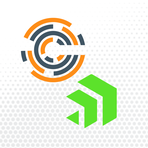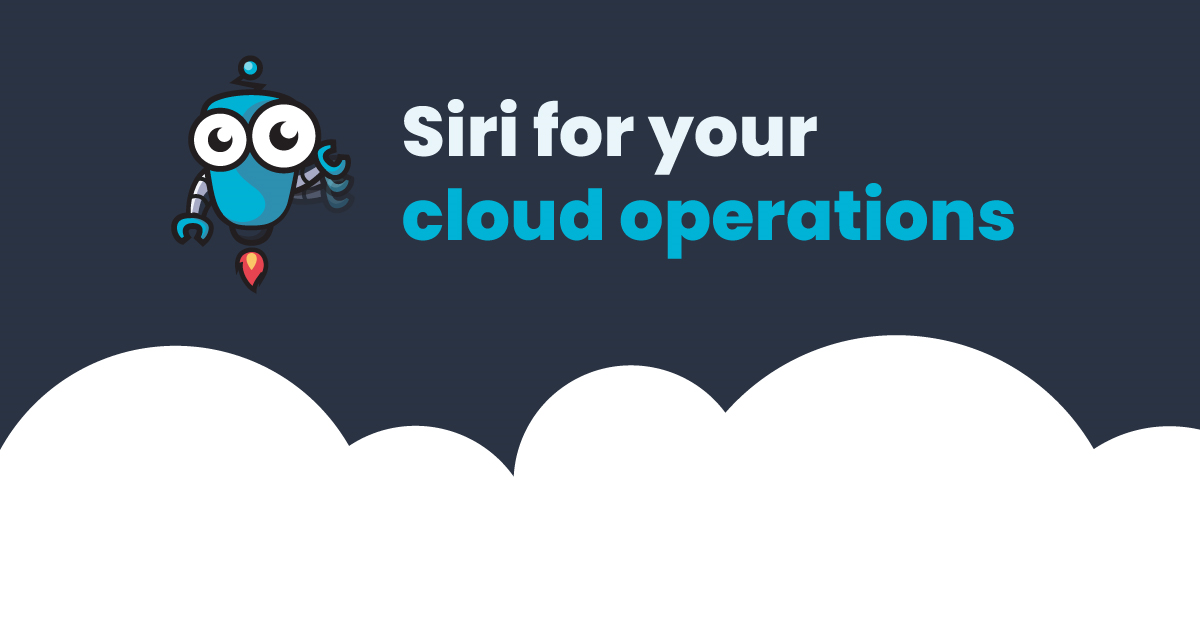Kubiya's AI Teammates: The Future of Automation in DevOps
August 23, 2024, 5:38 pm

Location: United States, California, San Francisco
Employees: 1001-5000
Founded date: 2012
Total raised: $2.05B

Location: United States, Washington, Seattle
Employees: 201-500
Founded date: 2008
Total raised: $72M
In the fast-paced world of technology, efficiency is king. Developers are constantly seeking ways to streamline their processes. Enter Kubiya, a trailblazer in Conversational AI for DevOps teams. Recently, the company secured a hefty $12 million seed round, with a $6 million extension. This funding is not just a financial boost; it’s a launchpad for innovation. Kubiya has unveiled its groundbreaking platform, AI Teammates, designed to revolutionize how teams approach automation.
Automation has long been a double-edged sword. On one side, it promises efficiency and speed. On the other, it often demands extensive planning, coding, and maintenance. This paradox has left many teams frustrated. Traditional automation can feel like a labyrinth—complex and time-consuming. But Kubiya aims to change that narrative.
Imagine having a digital colleague who understands your needs. A teammate that can take on complex tasks through simple, human-like conversations. That’s the essence of Kubiya’s AI Teammates. They allow developers to delegate tasks effortlessly, transforming the automation landscape. Thousands of developers, from large enterprises to nimble startups, are already leveraging this technology. Companies like A+E Networks and Morse are among the early adopters, finding value in the ability to offload critical tasks to AI.
The heart of Kubiya’s innovation lies in its full-stack AI capabilities. By utilizing infrastructure as code and large language models (LLMs), the platform offers a fluid and adaptable approach to automation. It integrates seamlessly into existing workflows, eliminating the need for exhaustive planning. This fosters genuine teamwork between humans and machines.
What sets Kubiya apart is its focus on delegation. Instead of wrestling with complex scripts and codes, users can simply articulate their needs in plain English. This approach reduces the time-to-automation significantly. Operations teams can now delegate tasks like managing CI/CD pipelines, solving Jira queues, and even self-healing systems with ease. It’s like having a personal assistant who can handle the heavy lifting, allowing teams to focus on what truly matters.
The AI Teammates are not just tools; they are partners in productivity. Their interactive nature enables a bi-directional exchange between users and the AI. This dynamic interaction allows the system to adapt to the evolving needs of the business. As priorities shift, so too can the tasks assigned to the AI. This ensures a predictable and scalable automation solution, ready to meet the demands of a fast-changing environment.
The implications of this technology are profound. In a world where time is money, reducing the time spent on mundane tasks can lead to significant cost savings. Teams can redirect their energy toward innovation and problem-solving. The potential for increased autonomy and efficiency is immense.
Heavybit, a prominent player in the tech investment landscape, led Kubiya’s recent financing round. Their support underscores the confidence in Kubiya’s vision. With industry veterans like Jesse Robbins and Armon Dadgar joining the board and advisory roles, Kubiya is poised for rapid growth. These seasoned professionals bring invaluable experience, having navigated the complexities of scaling tech startups into billion-dollar enterprises.
The excitement surrounding Kubiya is palpable. The phrase “delegation is the new automation” encapsulates the shift in mindset that Kubiya is championing. By redefining how teams interact with automation, they are empowering developers to reclaim their time. The repetitive tasks that once bogged down productivity can now be delegated, freeing up creative energy for more strategic initiatives.
As Kubiya rolls out its AI Teammates to enterprise customers, the anticipation builds. The potential for transformation is vast. Organizations can expect to see a marked improvement in efficiency and collaboration. The AI Teammates are not just a technological advancement; they represent a cultural shift in how teams approach their work.
In conclusion, Kubiya is not merely introducing a new product; it is pioneering a new way of thinking about automation. The AI Teammates promise to break down barriers, allowing teams to work smarter, not harder. As the tech landscape continues to evolve, solutions like Kubiya’s will be at the forefront, driving innovation and efficiency. The future of DevOps is here, and it speaks the language of delegation. Embrace it, and watch productivity soar.
Automation has long been a double-edged sword. On one side, it promises efficiency and speed. On the other, it often demands extensive planning, coding, and maintenance. This paradox has left many teams frustrated. Traditional automation can feel like a labyrinth—complex and time-consuming. But Kubiya aims to change that narrative.
Imagine having a digital colleague who understands your needs. A teammate that can take on complex tasks through simple, human-like conversations. That’s the essence of Kubiya’s AI Teammates. They allow developers to delegate tasks effortlessly, transforming the automation landscape. Thousands of developers, from large enterprises to nimble startups, are already leveraging this technology. Companies like A+E Networks and Morse are among the early adopters, finding value in the ability to offload critical tasks to AI.
The heart of Kubiya’s innovation lies in its full-stack AI capabilities. By utilizing infrastructure as code and large language models (LLMs), the platform offers a fluid and adaptable approach to automation. It integrates seamlessly into existing workflows, eliminating the need for exhaustive planning. This fosters genuine teamwork between humans and machines.
What sets Kubiya apart is its focus on delegation. Instead of wrestling with complex scripts and codes, users can simply articulate their needs in plain English. This approach reduces the time-to-automation significantly. Operations teams can now delegate tasks like managing CI/CD pipelines, solving Jira queues, and even self-healing systems with ease. It’s like having a personal assistant who can handle the heavy lifting, allowing teams to focus on what truly matters.
The AI Teammates are not just tools; they are partners in productivity. Their interactive nature enables a bi-directional exchange between users and the AI. This dynamic interaction allows the system to adapt to the evolving needs of the business. As priorities shift, so too can the tasks assigned to the AI. This ensures a predictable and scalable automation solution, ready to meet the demands of a fast-changing environment.
The implications of this technology are profound. In a world where time is money, reducing the time spent on mundane tasks can lead to significant cost savings. Teams can redirect their energy toward innovation and problem-solving. The potential for increased autonomy and efficiency is immense.
Heavybit, a prominent player in the tech investment landscape, led Kubiya’s recent financing round. Their support underscores the confidence in Kubiya’s vision. With industry veterans like Jesse Robbins and Armon Dadgar joining the board and advisory roles, Kubiya is poised for rapid growth. These seasoned professionals bring invaluable experience, having navigated the complexities of scaling tech startups into billion-dollar enterprises.
The excitement surrounding Kubiya is palpable. The phrase “delegation is the new automation” encapsulates the shift in mindset that Kubiya is championing. By redefining how teams interact with automation, they are empowering developers to reclaim their time. The repetitive tasks that once bogged down productivity can now be delegated, freeing up creative energy for more strategic initiatives.
As Kubiya rolls out its AI Teammates to enterprise customers, the anticipation builds. The potential for transformation is vast. Organizations can expect to see a marked improvement in efficiency and collaboration. The AI Teammates are not just a technological advancement; they represent a cultural shift in how teams approach their work.
In conclusion, Kubiya is not merely introducing a new product; it is pioneering a new way of thinking about automation. The AI Teammates promise to break down barriers, allowing teams to work smarter, not harder. As the tech landscape continues to evolve, solutions like Kubiya’s will be at the forefront, driving innovation and efficiency. The future of DevOps is here, and it speaks the language of delegation. Embrace it, and watch productivity soar.

